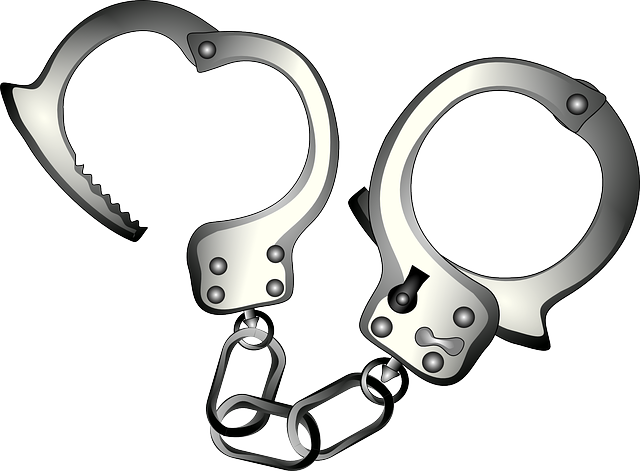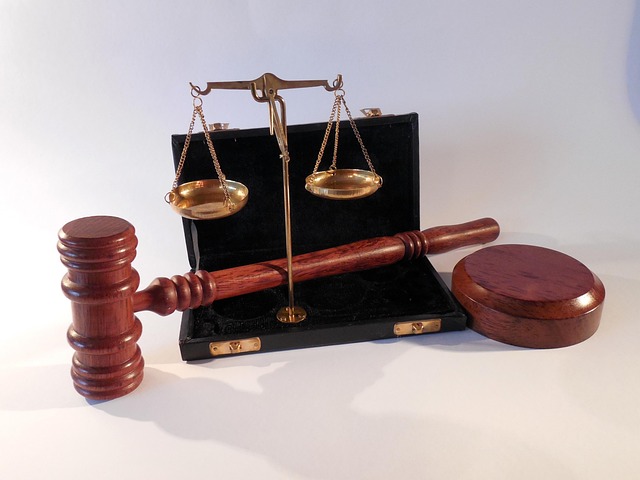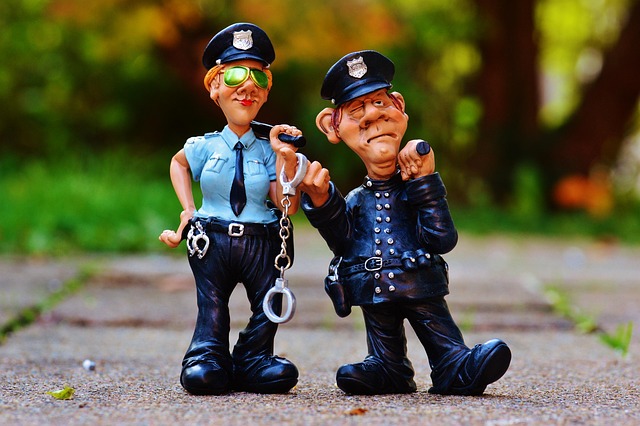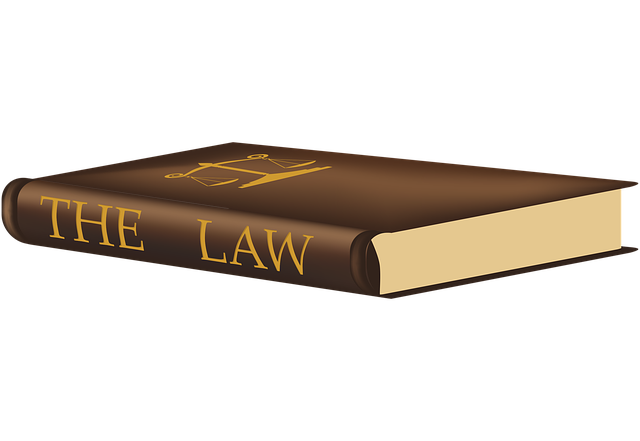Criminal Defense Attorneys play a vital role in ensuring fair trials through meticulous Criminal Trial Jury Selection Strategies. They strategically question prospective jurors during voir dire to uncover biases, affiliations, and experiences that might impact their decision-making. By tailoring their approaches based on age, occupation, community involvement, and prior experiences, attorneys aim to select an impartial jury capable of objectively evaluating evidence. Effective pre-trial screening using detailed questionnaires and individual questioning further enhances fairness, impartiality, and the likelihood of favorable outcomes in complex criminal cases.
Criminal Defense Attorneys play a pivotal role in navigating the complex landscape of criminal trials, with jury selection being a crucial phase. This article delves into the essential strategies for effective pre-trial screening and questioning of potential jurors. We explore the art of identifying biases and prejudices, ensuring a fair and impartial panel. By understanding case-specific considerations, attorneys can optimize their approach to jury selection, ultimately enhancing their chances of securing a favorable outcome in criminal trials. Discover proven techniques for successful jury selection strategies.
- Understanding Criminal Defense Attorneys' Role in Jury Selection
- Strategies for Effective Pre-Trial Jury Screening
- The Art of Questioning Potential Jurors
- Case-Specific Considerations for a Successful Jury Selection Process
Understanding Criminal Defense Attorneys' Role in Jury Selection
In a criminal trial, jury selection is a critical phase where Criminal Defense Attorneys play a pivotal role in shaping the outcome of the case. These attorneys employ strategic approaches to ensure a fair and impartial jury that understands the complexities of their client’s situation. By meticulously questioning potential jurors during voir dire, they uncover biases, preconceptions, or any connection to law enforcement that might influence their decision-making. This process allows them to advocate for their client within the court, knowing the jury is composed of individuals who can objectively evaluate the evidence presented.
Criminal Defense Attorneys utilize various criminal trial jury selection strategies tailored to each case. They consider factors such as age, occupation, and prior experiences that could impact a juror’s perspective on criminal matters. For both general criminal defense cases involving everyday crimes and those with corporate or individual clients, the attorney’s goal is to select a jury capable of rendering a verdict based solely on the facts presented in court. This strategic approach not only guarantees a just trial but also ensures that the rights of the accused are protected throughout the legal process.
Strategies for Effective Pre-Trial Jury Screening
In preparing for a criminal trial, one of the most crucial aspects is selecting the right jurors through effective pre-trial screening. This process involves careful consideration of potential biases and perspectives that might influence a jury’s decision in challenging defense cases. Attorneys should aim to create an unbiased, engaged, and understanding panel that can objectively weigh the evidence presented. One strategy is employing thorough juror questionnaires to gauge their familiarity with the case or similar ones, as well as their views on criminal justice issues.
During individual voir dire, attorneys can delve deeper into the responses, exploring potential conflicts of interest and examining their ability to set aside personal beliefs to achieve winning challenging defense verdicts. The goal is to ensure a fair and impartial jury that will listen to both sides attentively and consider all evidence critically. By implementing these criminal trial jury selection strategies, legal professionals can increase their chances of achieving extraordinary results in even the most complex cases.
The Art of Questioning Potential Jurors
In the intricate dance of a criminal trial, Jury Selection is a strategic ballet where Criminal Defense Attorneys showcase their artistry. The art of questioning potential jurors involves a delicate balance between uncovering biases and gauging understanding. Attorneys must navigate the complex landscape of community perceptions, past experiences, and personal beliefs to identify those who can set aside preconceived notions and render an unbiased verdict. This meticulous process is key to crafting a robust defense strategy, ensuring that justice is not only sought but also served in an impartial manner.
Masterful questioning strategies, coupled with an unprecedented track record of success, are weapons in the arsenal of a skilled advocate. By delving into the minds and hearts of prospective jurors, attorneys can expose hidden biases related to race, gender, or previous experiences with law enforcement—all crucial factors that could influence their perception of the case. Moreover, understanding how potential jurors have engaged with philanthropic and political communities can offer insights into their values and expectations from a trial, enabling attorneys to tailor arguments that resonate while avoiding indictment for bias.
Case-Specific Considerations for a Successful Jury Selection Process
Selecting a jury is a critical phase in any criminal trial, as it significantly influences the outcome. When preparing for a case, Criminal Defense Attorneys must consider each client’s unique circumstances and the nature of their alleged crime. For instance, white-collar and economic crimes often require a different approach compared to more traditional criminal cases. Attorneys should assess potential jurors’ backgrounds, biases, and experiences to ensure a fair and impartial panel. This process involves delving into their affiliations with law enforcement or the political community, which might shape their perceptions of justice.
During jury selection, attorneys can employ various strategies. They must be vigilant in asking questions that uncover hidden biases and ensure potential jurors understand the gravity of the case. As each stage of the investigative and enforcement process reveals new evidence, defense lawyers may need to adapt their strategies. For instance, if a client is accused of a complex financial crime, an attorney might focus on selecting jurors with strong analytical skills who can navigate intricate legal concepts. These considerations are vital to building a robust defense and securing a favorable outcome in the criminal trial.
Criminal defense attorneys play a pivotal role in ensuring a fair and just criminal trial through effective jury selection strategies. By understanding the process, employing techniques like thorough pre-trial screening, and mastering the art of questioning potential jurors, lawyers can identify bias, prejudice, or partiality, and select an impartial jury. Each case is unique, thus requiring case-specific considerations to ensure a successful jury selection that aligns with the defendant’s best interests. Implementing these strategies enhances the integrity of the criminal trial process.






